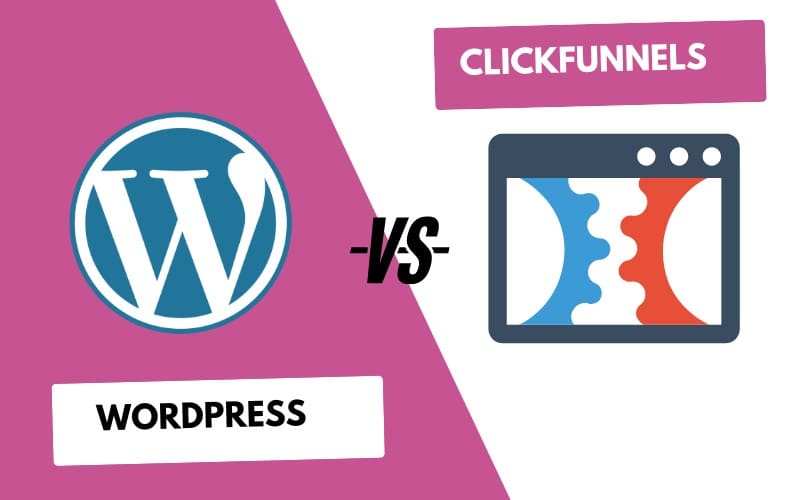At a Glance… Your domain name is the clickable address people type or search to reach you. Web hosting is the server space and infrastructure that shows your pages. You need both, but they play very different roles. You need both a domain name and web hosting to have a functioning website. The domain name (address) directs users to the web hosting (house), which then displays the actual website content.
Examples
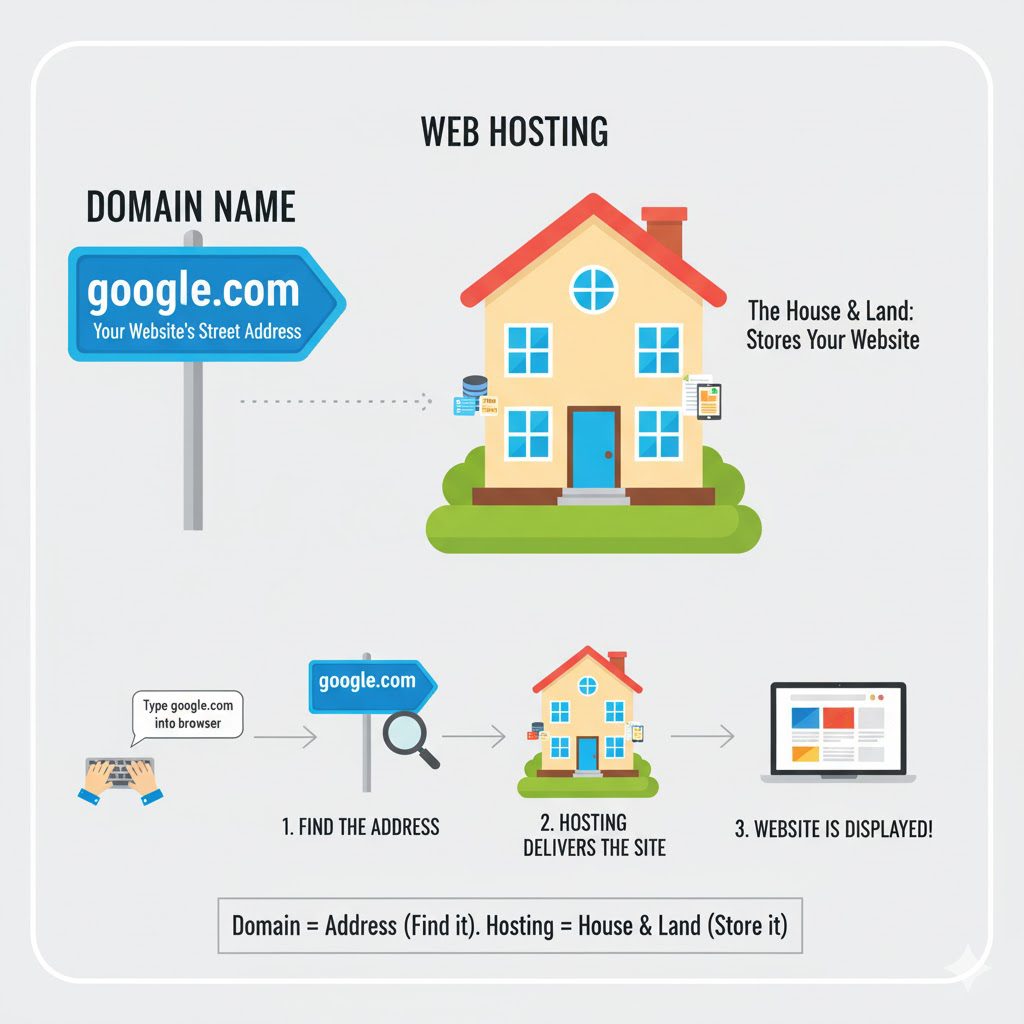
A domain name is like a website’s street address (e.g., google.com), while web hosting is the physical land and house where your website’s content is stored and made available online.
When you type example.com into your browser, you are using the domain name to find the address. The hosting service then provides the server space that holds the actual website files and displays them to you.
Now, Let’s start with a quick comparison table.
Features Comparison
| Domain | Hosting | |
|---|---|---|
| Function | A unique name or address that users type into a browser to find a website. | Provides the server space to store all website files, data, and content, making them accessible online. |
| Analogy | A street address. | The actual house where your belongings are kept. |
| Cost | An annual fee to register and renew the name. | Typically a monthly or annual fee for the space and resources. |
| Ownership | You “own” the right to use the name for the duration of the registration. | You are essentially renting the server space from a hosting provider. |
| Example | www.example.com. | The server that stores all the files for www.example.com. |
Comprehensive Guide
We’ll help you to understanding domains and hosting in-depth knowledge.
What is a domain name?
A domain name is your website’s unique Internet address. Users enter it in a browser’s address bar or a search field to land directly on your pages. Behind the scenes, it points to your server’s IP address, sparing visitors the need to remember long numbers.
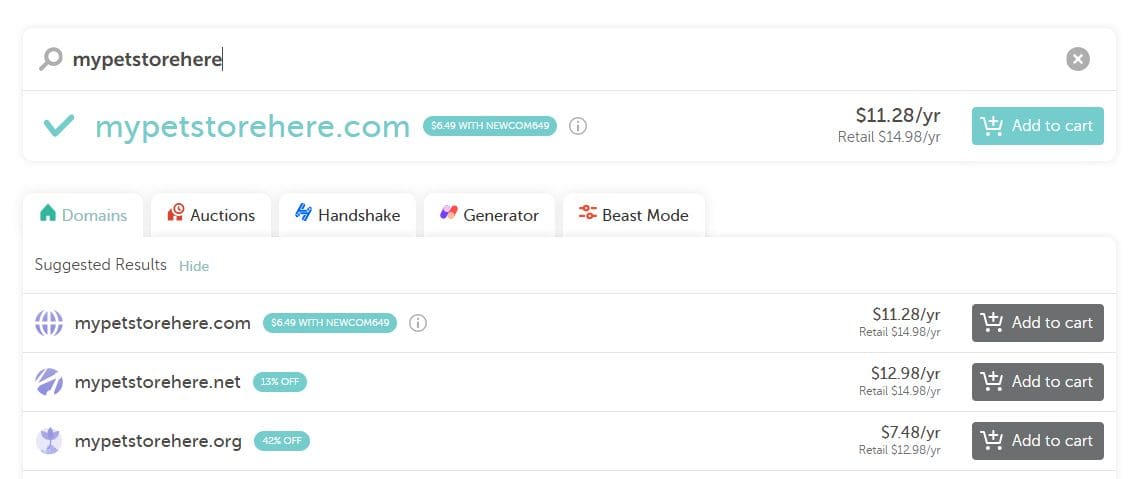
Why the Right Domain Matters?
- Brand recall: Short, pronounceable words stick.
- Trustworthiness: A clean “.com” (or local TLD (top level domain) like “.ca” and co.uk for the united kingdom) feels credible.
- SEO boost: Keywords in a domain can still help rankings.
How Domain Registration Works?
Pick an accredited domain registrar (e.g., Namecheap, Google Domains)→these external links are opened in the new tab. Pay an annual fee, set your contact details (for WHOIS), and direct the domain’s DNS to your (dedicated or shared) hosting provider. Renewal reminders keep your ownership active.
What is web hosting?
Hosting is a rented server space that stores your HTML, media, databases, and emails. When someone types your domain, the host quickly and securely delivers these files to their browser, displaying your website.
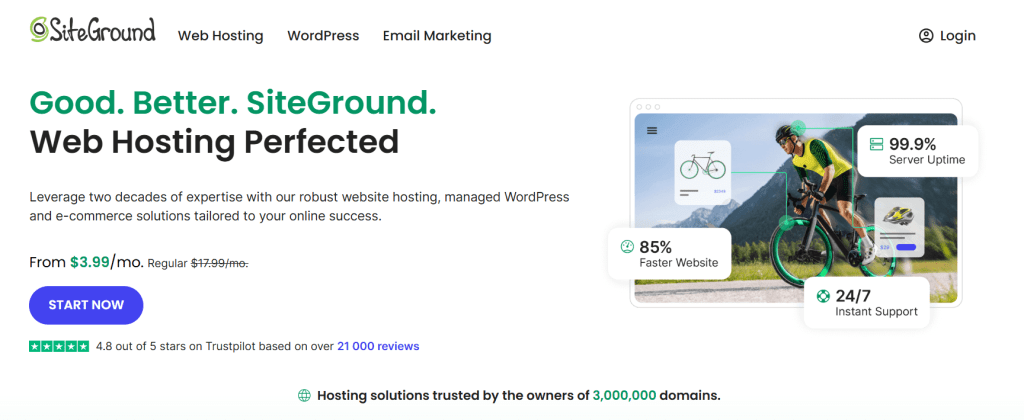
Why Hosting Quality Counts
- Speed: Faster load times reduce bounce rates
- Uptime: A 99.9 % SLA (Service Level Agreement) keeps revenue and rankings intact
- Security: Firewalls, SSL, and daily backups guard your data
Main Hosting Types
- Shared Hosting: Dozens of sites share one server. Cheapest choice; best for small blogs
- VPS (Virtual Private Server): Your own virtual slice with dedicated resources. Ideal for scaling stores
- Dedicated Server: One physical server per client—maximum power and control
- Cloud Hosting: Files sit on a cluster. If one node fails, traffic shifts instantly—great for spikes
Web hosting companies such as Cloudways and SiteGround offer all four tiers with easy upgrades.
How Do They Work Together
Your DNS records point a domain to the host’s nameservers. The host then delivers the requested file, which can be in HTML, CSS, image, or database format. Without a registered domain, visitors have only an IP address. Without hosting, the domain shows nothing.
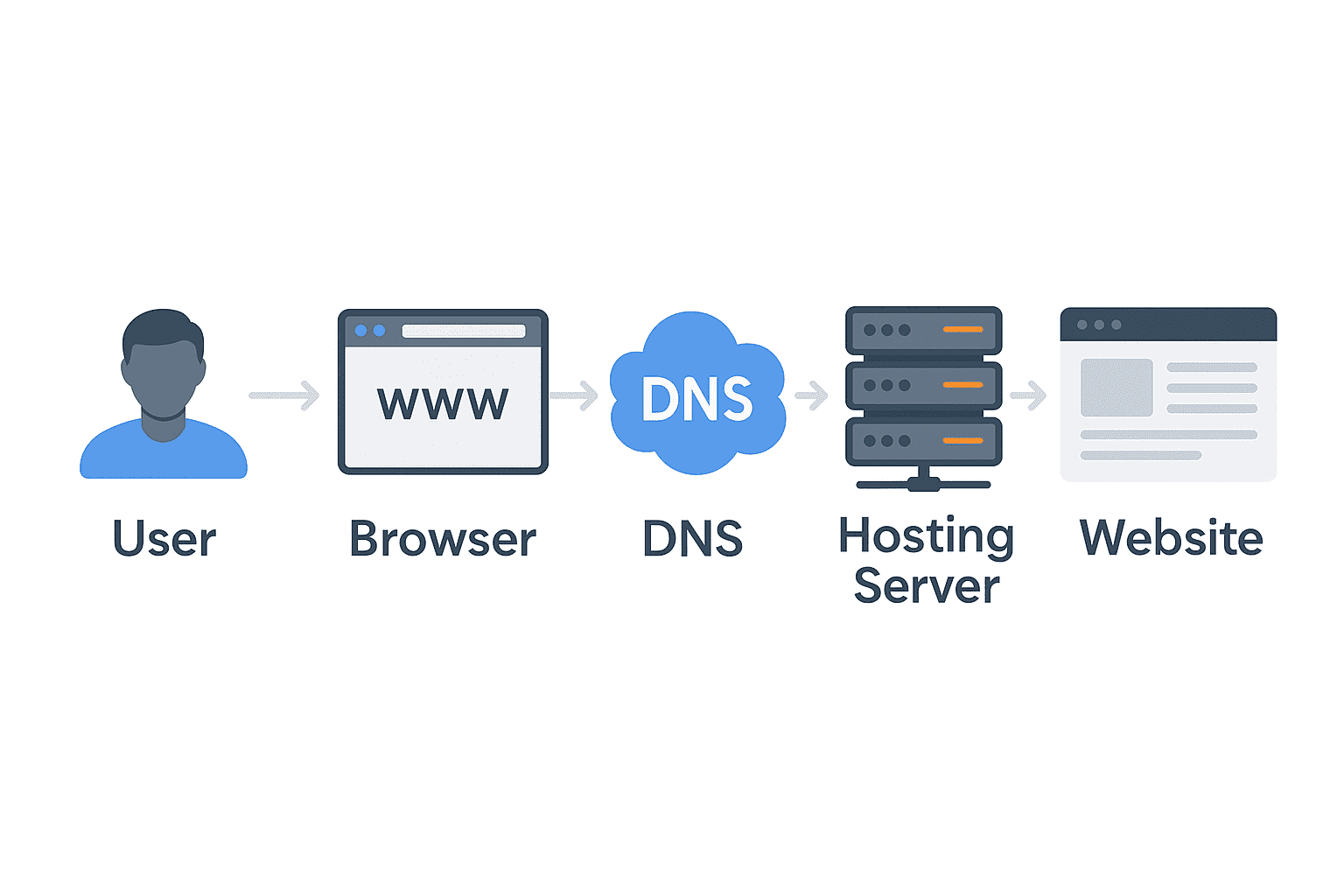
How To Choose The Best
To choose the best domain name and web hosting for your business, first brainstorm and select a memorable, brandable, and available domain name. Then, choose a web hosting provider based on your needs, comparing plans for factors like performance, security, scalability, and customer support.
Step 1: Define your needs and budget
Step 2: Choose a domain name
Step 3: Research and select a hosting provider
Step 4: Choose the right hosting plan
Step 5: Register the domain and purchase hosting
Are you ready to launch your brand live in the world’s most popular online marketplaces? Your new website will be live on the internet. People are searching for your business services, so your business website is indexed by search engines. Our main focus is on designing websites with SEO, short for search engine optimization is about helping search engines (like Google) understand your content, and helping users find your site and make a decision about whether they should visit your site through a search engine.
Let Digillex Handle Your Domain & Hosting
Final Words
The domain name is your digital address; web hosting is the land and building behind it. Both are essential and distinct. Nail your domain early, then choose hosting that delivers speed, reliability, and security.
Next Step: Need help pairing the perfect domain with high-performance hosting? Contact Digillex today, and we’ll set up, secure, and optimize everything for you.
FAQs: Getting Your Website
Is domain registration the same as hosting?
No. Domain registration secures your web address (e.g., digillex.com). Web hosting rents the server space that stores and serves your site’s files. You need both, but they are purchased and managed separately.
Can you register a domain name without hosting?
Yes. Many people “park” a domain until they’re ready to build a website or point it to a third-party service (e.g., a social profile, Shopify). You’ll pay the registrar’s annual fee, but no hosting costs until you add a plan.
How much does it cost to host a website?
It depends on the budget. See the four types of hosting with their costs.
-Shared hosting: US $3–10 per month (small blogs, portfolios)
-VPS hosting: US $20–80 per month (growing businesses)
-Dedicated web server: US $80+ per month (high-traffic or custom apps)
-Cloud hosting: Pay-as-you-go; starts around US $10–20 and scales with demand
How do we connect domain to hosting?
When we connect the domain with hosting of our projects, we follow the 4 steps:
1. Log in to the domain registrar
2. Find the DNS / Nameservers section
3. Replace the default nameservers with the two (or more) provided by the hosting company (e.g., ns1.host.com, ns2.host.com)
4. Save and allow 15 min–24 h for global DNS propagation
What happens if the domain expires?
The registrar will disable it, and the site will become unreachable. After a short grace period, the domain enters a redemption phase where renewal fees spike. If the domain owner doesn’t renew, it returns to the open market and anyone can buy it.






